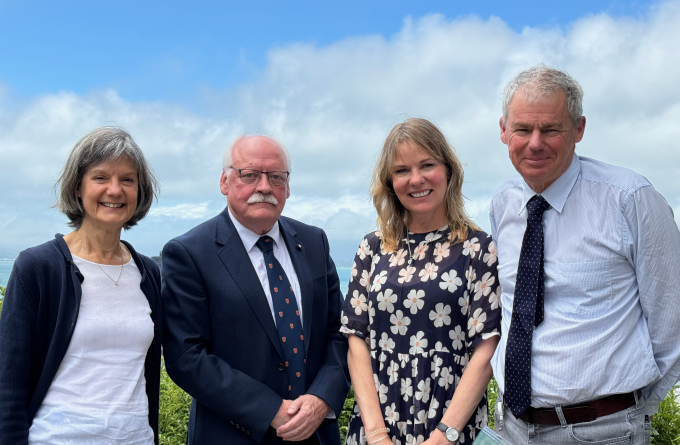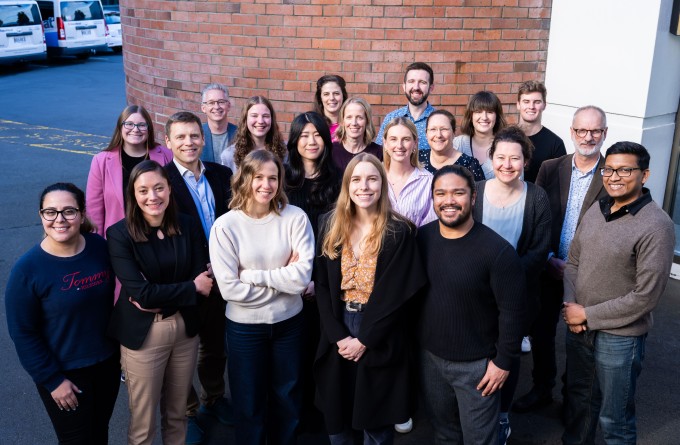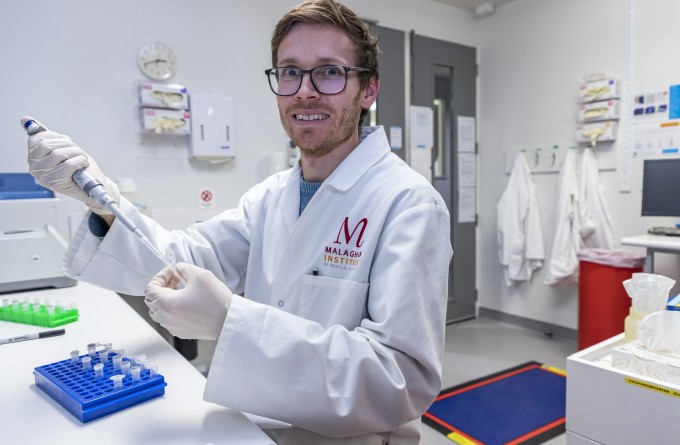Immunotherapy is fundamentally changing cancer treatment. By harnessing the power of the immune system, we’re finding new ways to assist or train the immune system to better recognise and fight different forms of cancer to create gentler, more effective treatments.
Our research focuses on developing therapies that stimulate the immune system’s cancer-killing properties.
Cancer is a disease caused when cells divide uncontrollably and spread into surrounding tissues. Cells can become cancerous for a number of reasons, whether through a mutation or by damage to a cell’s DNA from an outside source such as radiation. A large part of the immune system is dedicated to finding and removing these cells before they spread. A cancerous cell might look different to a healthy cell, or produce abnormal signals that alert patrolling immune cells to its presence.
However, sometimes the immune system fails to properly recognise, or completely remove all the cancerous cells. Many cancers develop ways to avoid detection by the immune system, hiding ‘in plain sight’ to appear as a normal, healthy cell. Some tumours can even produce immune-inhibiting molecules, preventing immune cells from reaching the cancer.
While these challenges make treating cancer difficult, they provide opportunities for developing immunotherapies to help the immune system better recognise and fight many different forms of cancer.
Our research also focuses on the underlying biology of cancer cells and the immune cells responsible for detecting and removing them. Through better understanding of cancer, tumours and the immune system, we can identify new opportunities to target cancer and improve cancer immunotherapies.
CAR T-cell therapy
A revolutionary new approach to fighting cancer, CAR T-cell therapy has the potential to transform cancer treatment. We're working to make it accessible and affordable for all New Zealanders in need.
Associated research groups
Related News

Cancer Research Trust grant to improve CAR T-cell therapy
12 February 2025

World-renowned cancer pathologist joins the Malaghan Institute as Distinguished Research Fellow
19 December 2024

New Zealand to New York and back again: Malaghan researcher tackling liver cancer
18 November 2024

CAR T-cell therapy, the battle of the blood cells
26 September 2024

Phase 2 clinical trial underway to confirm effectiveness and safety of NZ’s first CAR T-cell cancer therapy
23 July 2024

RNZ Our Changing World: Targeting bacteria, and health inequities
4 July 2024
